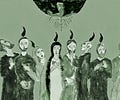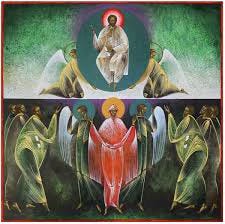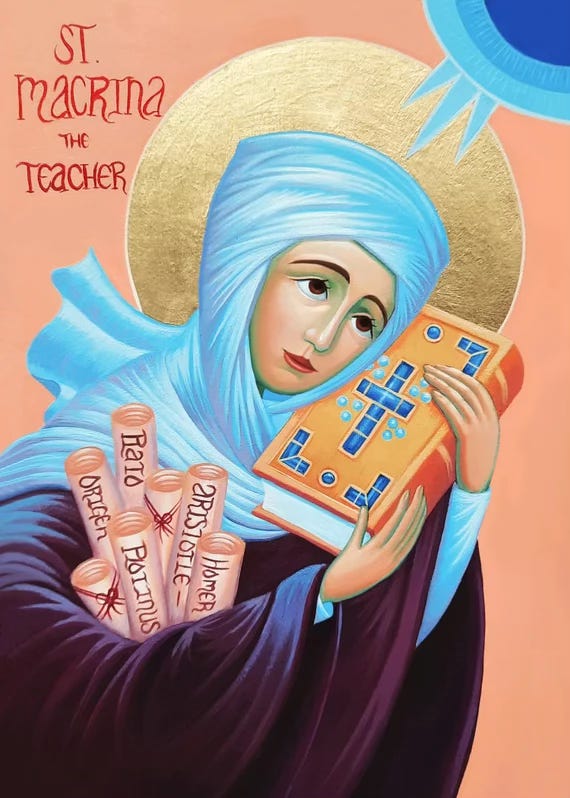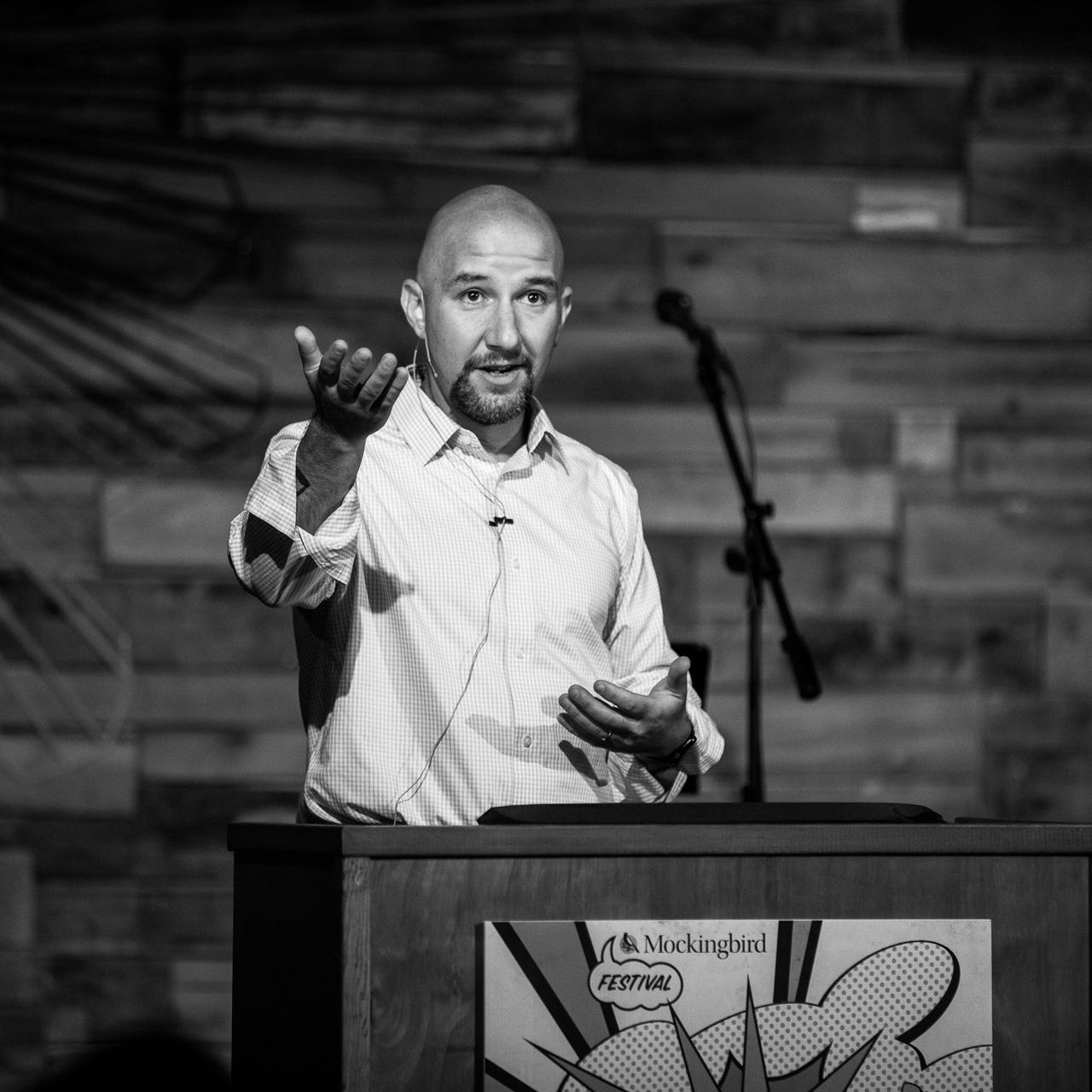On the Christian liturgical calendar, today is All Saints.
Inviting worshippers to the Eucharistic table, I’ve sometimes noted how the church’s altar only appears to be in the shape of a semi-circle. When we gather around the loaf and the cup, there is another unseen half of the ring where saints from the cloud of witnesses join us at table. As we pray in the Great Thanksgiving, “And so, with your people on earth and all the company of heaven, we praise your name and join their unending hymn…”
Just so, the theologian Robert Jenson— a Protestant— stipulates two rules for a theology of the saints:
The saints are not our way to Christ; Christ is our way to them.
Our communion with the departed saints is not substantially different from our fellowship with the living saints.
With All Saints immediately subsequent to Reformation Day, Jenson’s rules invite a reappraisal of one of the questions which allegedly divide Christ’s Body between Catholic and Protestant.
Can the living do more than remember the dead?
Can the living solicit the prayers of the dead?
Can Christians do more than confess belief in the communion of saints?
Can we ask them to pray for us?
As any pastor knows, these questions are pastoral as much as they are theological or scriptural. Can the living speak to their loved ones after they are gone (they will regardless of how you answer)? Will the presence of loved ones abide even though they are dead (they will no matter how you respond)?
The door from this life to the life to come— it isn’t just narrow as Jesus says in the Sermon on the Mount. Every year All Saints forces us to remember that Jesus Christ has made all the world a thin place between the living and the dead. Saints are not simply the dead in Christ. Saints, the New Testament makes clear, are any believers who have been baptized into Christ. It’s a distinction that applies to the living as much as to the dead.
To believe in the communion of the saints, therefore, is to believe that Jesus Christ has forged a bond between the baptized that stretches not only throughout the globe but across time.
The door is more than narrow. It’s thin. It’s so slight it’s not even like a door or a gate at all anymore. It’s more like a veil because Jesus Christ has bridged the greatest barrier that divides human beings, death. Death— not culture or color, not language or class, not political parties— is the divide that splits every human being into one of two categories, living or dead. On All Saints, we remember that the Body of Christ is the most inclusive community imaginable upon the earth not only because it’s for sinners (which means you’re included) but also because it’s a community comprised of the living and those who are now alive, for the time being, only in Christ.
When the church baptizes someone, we baptize them into Christ. By water and the Spirit, the Father gifts to every believer an unevictable place in the Son. And so death does not alter in any way our fundamental location. We’re all already in him. This is why, from the very beginning, Christians have used the word “veil” to describe death, something so thin you can nearly see through it.
Baptism is a bond that cannot be broken by time or death because it’s an incorporation into the Living Christ.
Thus, the dead in Christ don’t disappear.
Therefore, our fellowship with the departed is not altogether different from our fellowship with the living.
That’s what we mean when we say in the Creed, “I believe in the communion of saints…” We’re saying, “I believe in the friendship between the living and the dead in Christ.”
So, as Robert Jenson asserts, we can pray and ask the departed saints to pray for us.
Not in the sense of praying to them, not in the sense of giving them our worship and devotion, but if we believe in the communion of saints, living and dead, then asking the departed saints for their prayers is no different than you asking me to pray for you. Again, it is not, as Protestants so often caricature, that the saints are our way to Jesus Christ. He is our way to them.
Because we (living and dead) are all friends in Jesus Christ we can talk to and pray for one another.
I was in Texas last fall speaking at a conference.
Passing through Denton on the way to Oklahoma City where I preached that Sunday, I suddenly felt compelled to reach out to a childhood friend, Gary, who lives in the area. I haven’t seen him or spoken to him since my wedding day. I don’t even have a phone number or email for him. I messaged him on Facebook.
“You suddenly popped into my mind and I thought I’d reach out and say hello.”
The rolling text bubble appeared instantly on my phone.
“Mom’s been in hospice for a while now,” he typed back, “She died only a minute ago.”
The universe is not large enough to accommodate coincidences of that kind.
It strikes me as far more reasonable to profess, “I believe…in the communion of saints…” And, so believing, to ask Gary’s Mom, from time to time, to pray for me. Lord knows— she now knows too— I need it.







Beautiful. Just beautiful. Thank you.
Thank you my good friend for these words, I feel the thinness of the veil, especially on All Saints Days, and sang to myself "For all the Saints" this very morning. Prayers for you and your ministry, and prayers tor all of us in this troubled and divided world.